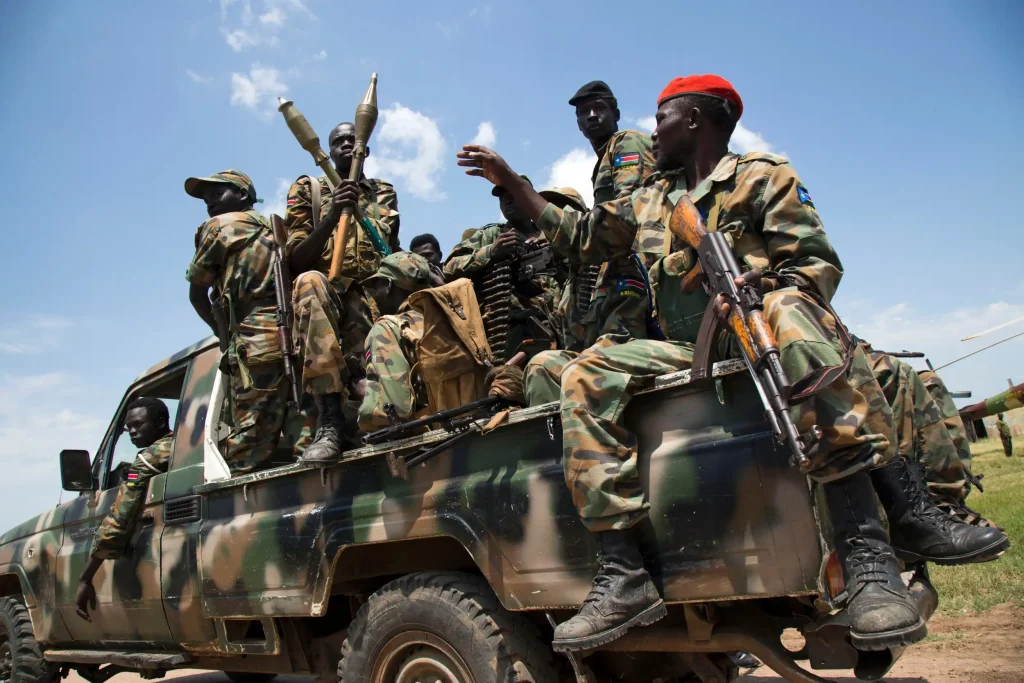On July 31, 2021, elements of the 3R (Return, Reclamation, Rehabilitation) rebel group launched a large-scale attack on Central African army positions in Mann village, 550 km northeast of Bangui, killing six civilians and wounding several others, per UN MINUSCA statements.
Lieutenant Colonel Abdoulaziz Fall, MINUSCA spokesperson, reported the situation was “under control” with patrols deployed, per UN records.
MINUSCA’s Response
The UN’s 12,000-strong Multidimensional Integrated Stabilization Mission in the Central African Republic (MINUSCA), established in 2014 to protect civilians, condemned the attack and reinforced security in Mann, per peacekeeping.un.org. MINUSCA, backed by Rwandan forces and Russian paramilitaries, has reclaimed much of CAR’s territory from rebels since 2020, though 3R and other groups persist, per UNOCHA. Attacks on civilians may constitute war crimes, MINUSCA noted.
Conflict’s Broader Context
CAR’s civil war, ignited in 2013 by Séléka rebels overthrowing President François Bozizé, birthed groups like 3R, composed mainly of Fulani fighters. The 3R joined the Coalition des Patriotes pour le Changement (CPC) in 2020, disrupting the December 2020 election where President Faustin-Archange Touadéra won re-election with 35% voter turnout, per UN data. Armed groups controlled two-thirds of CAR at the time, per CFR.
Russian Involvement Questioned
Since 2018, Russia has supported CAR’s army with 500–2,000 “instructors,” supplying small arms under a UN arms embargo exemption, per UN Security Council. UN experts accused these forces of “indiscriminate killings” and looting in July 2021, though Moscow claims they are unarmed trainers, per UNOCHA. The Security Council extended the arms embargo on July 29, 2021, adding a mortar exemption, amid concerns over escalating violence, per peacekeeping.un.org.
Critical Analysis
The Mann attack highlights MINUSCA’s challenges in protecting civilians across CAR’s vast, under-resourced terrain, with only 3% of roads paved, per UN press. The Russian presence, while strengthening CAR’s army, raises questions about accountability, given UN reports of abuses. The arms embargo’s effectiveness is debated, as rebels continue accessing weapons, possibly via porous borders, per Crisis Group. Public distrust in governance, with 70% of CAR’s 5.5 million people food insecure, fuels rebel activity, per WFP.
Path Forward
MINUSCA must enhance border security and intelligence to curb 3R’s attacks, while CAR’s government needs to address poverty and governance to weaken rebel support, per UNOCHA. Community engagement and humanitarian aid access, facilitated by MINUSCA, are critical to stabilize Mann and similar areas. The UN’s call for justice against perpetrators underscores the need for accountability to deter future violence.






